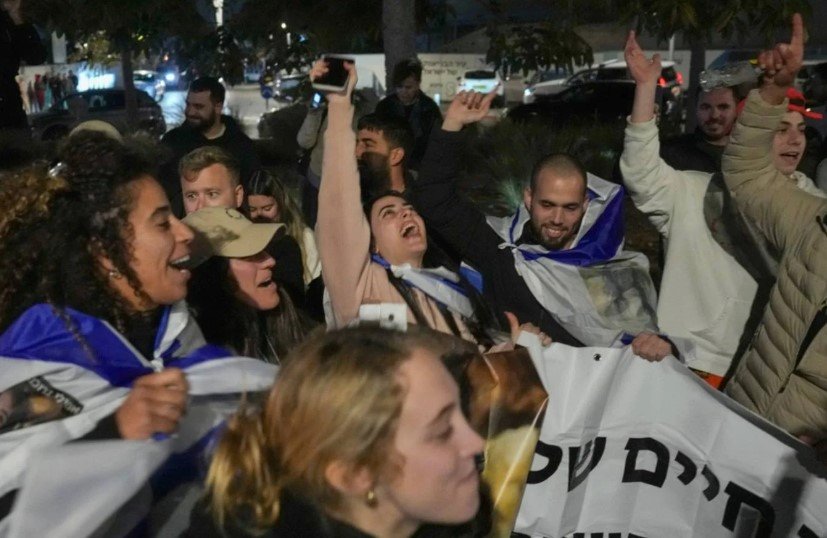Ceasefire Marks Key Milestone Amid Fragile Peace Talks
After months of escalating violence and widespread devastation, the long-awaited ceasefire between Israel and Hamas came into effect Sunday morning. Initially delayed, the ceasefire was finally agreed upon on Wednesday, paving the way for the complex and often contentious process of hostage and prisoner exchanges. For the first time in months, Israeli citizens and Palestinian families saw a glimmer of optimism as the international community held its breath.
The initial phase of the truce has seen the release of 90 Palestinian prisoners from Israeli custody, a move that is expected to ease tensions, at least temporarily. These prisoners had been held for various charges, ranging from alleged involvement in militant activities to minor infractions. Many of these detainees had been in Israeli jails for years, and their release is viewed as a significant gesture of goodwill, albeit one made under immense international pressure.

Meanwhile, on the other side, Hamas freed three Israeli hostages, including Emily Damari and Romi Gonen, who had been abducted during the brutal October 7, 2023, attacks. These hostages were handed over to the International Committee of the Red Cross (ICRC) at Saraya Square in Gaza City, in a highly symbolic move to signal a shift towards de-escalation. The handover, caught on video and shared widely, depicted the hostages disembarking from a Hamas vehicle, bringing relief to their families and a sense of hope for peace.
The Hostage and Prisoner Exchange: The Road Ahead
While this initial exchange is a positive development, the road to a lasting peace remains riddled with obstacles. The ceasefire itself, though significant, is fragile, and its success hinges on the continued cooperation of both parties. The delicate nature of the truce underscores the challenge of balancing the demands of humanitarian efforts, prisoner releases, and security concerns.
Key Points of the Ceasefire Agreement:
- Prisoner Exchange: Israel’s release of 90 Palestinian prisoners marks a major concession aimed at fostering goodwill.
- Hostage Releases: Hamas freed three Israeli hostages, including two civilians, Emily Damari and Romi Gonen, after more than a year in captivity.
- International Oversight: The International Committee of the Red Cross (ICRC) facilitated the exchange, ensuring both sides adhered to agreed-upon terms.
- Uncertain Future: While the exchanges have sparked cautious optimism, many challenges lie ahead, including broader negotiations on a permanent resolution.
As the ceasefire holds for the moment, international mediators are keen to ensure that both sides adhere to the terms of the agreement. There are talks of future exchanges, possibly involving more hostages, but it’s clear that the path forward is uncertain. Each release carries with it both political and humanitarian considerations, with global leaders pushing for a peaceful solution.
What Does This Mean for the Future of Gaza?
The tentative nature of the ceasefire and these prisoner exchanges brings both hope and skepticism. While the moment is significant, it remains to be seen whether this fragile peace will hold or whether it will crumble under pressure.
For the people of Gaza, these exchanges are seen as a rare, hopeful sign after 15 months of brutal conflict. The release of prisoners and hostages brings the promise of healing for families who have endured unimaginable loss. However, for the broader population, this is but a small victory in a conflict that has claimed thousands of lives and left entire communities in ruins.
In Israel, the release of prisoners is a polarizing issue. While some view it as a necessary step toward peace, others see it as a dangerous concession that could fuel further violence. The government’s stance remains firm: national security is paramount, and the release of any detainees must be part of a broader, more lasting agreement.
With the world watching, the next steps will be crucial in determining the future of this fragile ceasefire. Will the parties involved be able to build on this progress, or will it unravel as tensions mount once again? Only time will tell.
